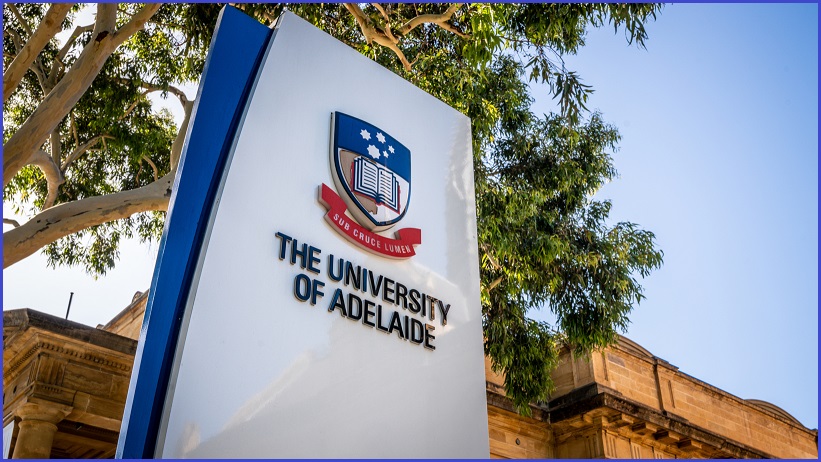South Australia’s universities have joined a growing chorus lobbying the federal government to allow international students to return as enrolments plummet.
The state reported enrolments from its two largest markets, China and India, have dropped 20% and 35% respectively since the beginning of the pandemic.
It also reported a sharp decline in international students overall at higher education institutions.
The current cohort studying at South Australian universities, TAFE and schools has shrunk by 12% compared with March last year.
Flinders University’s vice president international Sebastian Raneskold told The Advertiser that along with other states, international border closures have hit South Australia’s $2 billion international student market hard.
Raneskold said that, in-line with economic risks across the entire economy, the longer Australia’s international border remained closed the harder the recovery of the sector would be.
“The longer we delay their return, the slower the state’s economic recovery will be,” Raneskold said.
He said the current student numbers were “deeply concerning” for universities, joining others in the sector who have called for federal action on the issue.
The warnings follow similar ones issued by universities in New South Wales and Victoria, which have recorded similarly devastating declines since borders shut last year.
As another semester rounds out without a plan, those calls are now becoming louder.
“We are ready to welcome back our students immediately and urge the federal government to swiftly make this a reality,” Raneskold said.
He said the university “strongly supports” the “urgent activation” of an international student arrival plan and pointed to the recently announced New South Wales approach of organising facilities outside of state-run hotel quarantine.
“This could include dedicated quarantining facilities for international students to ensure their return doesn’t affect general repatriation efforts,” he said.
“As we have come to understand the disease, it has become clear that with careful quarantining, supported by increasing rates of vaccination, our students should be able to return to South Australia to resume their studies.”
States look to New South Wales for plan
Since the pandemic began, trapping some international students in the country and locking others out, the university sector — facing losses of up to $19 billion over the next three years due to missed international student revenue — has been endeavouring to return overseas students to face-to-face learning.
In mid-May the Berejiklian government approved a program to bring university students back to the state through a quarantine program managed by the universities — the first such plan to be approved — after a similar plan put forward by Victorian universities failed in April.
While the proposal has the backing of the state government, it now requires the approval of federal Education Minister Alan Tudge to go ahead.
If it does, it could see overseas students begin trickling back as early as August.
Under the plan, overseas students would be quarantined for 14 days in purpose-built housing in Sydney, outside of the state government’s hotel quarantine sites.
Arrivals would be counted under a separate arrival cap to that of returning Australian citizens and other international arrivals.
The South Australian government has said it is currently considering setting up similar accommodation but has yet to send the proposal to the federal government.
South Australia Trade Minister Stephen Patterson said the state and federal governments were working closely to finalise a plan that “ensures a safe and sustainable program for both students and the South Australian community”.
While South Australia’s international student cohort dropped from about 35,200 in March 2020 to 32,040 the same time this year, it has fared better than other states, according to Phil Honeywood, chief executive of the International Education Association of Australia.
Honeywood suggested a combination of factors, including the state’s good management of COVID-19 compared with other states like Victoria, and the subsequent availability of part-time work for those studying may have played a role.
“The downside is that New South Wales is likely to be the first state to have a meaningful student return plan implemented, and that would drive market share towards [it].”
He said the sector wanted governments to show “political bravery to get things happening sooner rather than later.”
This article was originally published on Business Insider Australia.









